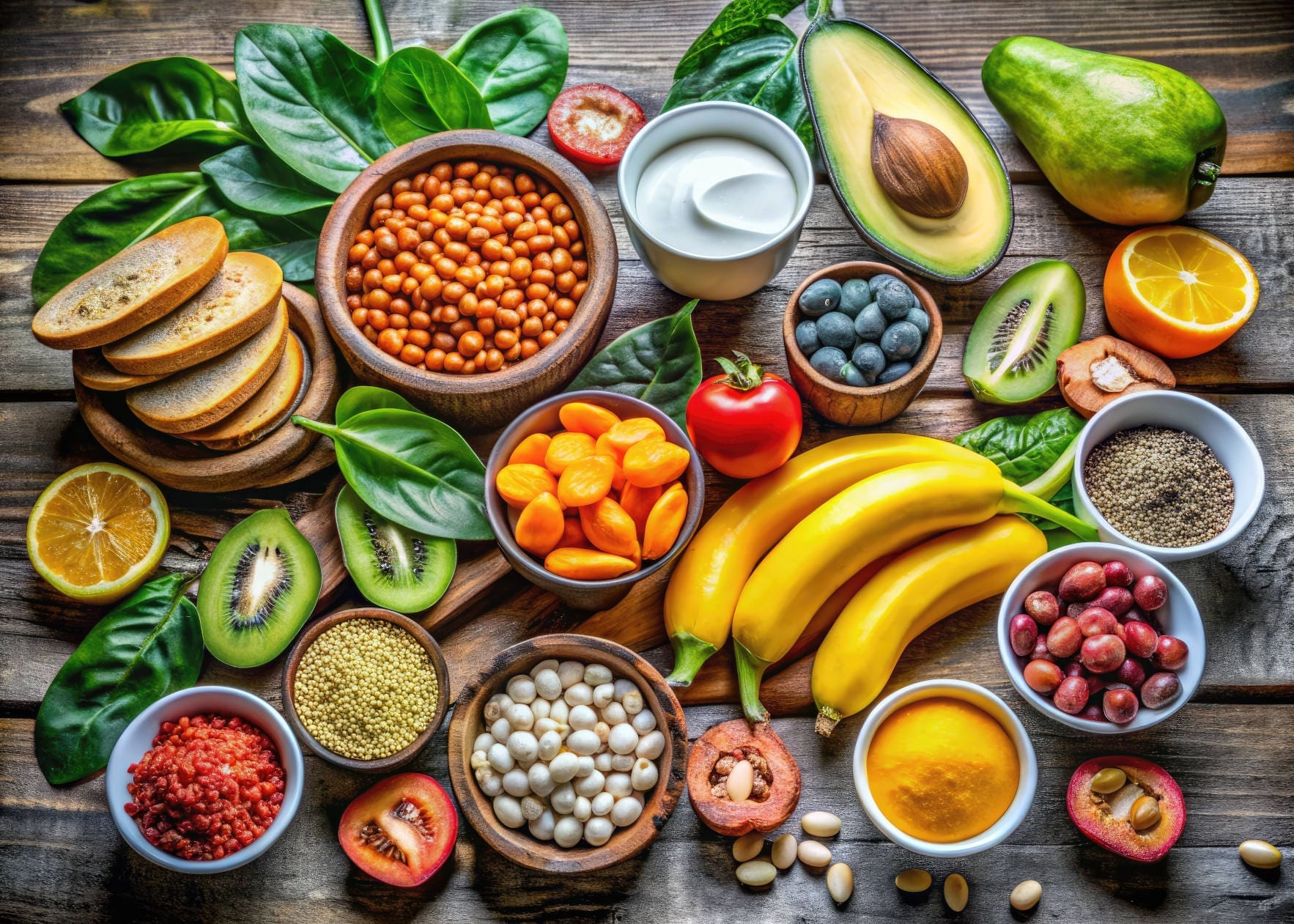
Diet and Hydration
We often don’t realise how closely diet and hydration are linked.
What we eat can significantly impact our hydration levels. As soon as we change our routines; For example, when travelling or altering our diet; It can create imbalances.
Learning to manage this begins with awareness. Understanding how much salt you consume each day helps you make better choices over time.
Hydration is a universal recommendation, supported by doctors and the World Health Organization.
The standard recommendation is to drink 2 litres of water per day, similar to the widely known advice to eat “five fruits and vegetables a day” (preferably more vegetables than fruits, as consuming too much fruit can add excess sugar).
Another key point is not to wait until we feel thirsty to drink water. The sensation of thirst typically indicates that we have already been dehydrated for several hours. Dehydration can also develop gradually over several days.
It can increase stress, irritability, and fatigue. Please find below more information about the risks.
To stay properly hydrated, we should never wait to drink water, as it is not healthy for the body. Meaning We have to hydrate regularly throughout the day, preferably outside of meals, even if we do not feel thirsty. It is also important to avoid drinking too much “at once” and instead sip water throughout the day to support better digestion.

Potassium, Salt, and Their Effects on Hydration
It’s important to know that salt and potassium can lead to disruptions in blood chemistry, such as increased acidity (pH imbalance), especially if we follow David Servan-Schreiber’s advice. Our kidneys and liver constantly regulate substances like salt, sugar, and potassium, acting as filters to maintain a healthy blood pH, but we need to take careful, consistent care.
According to ConsoGlobe, potassium plays a crucial role in overall health. A professional dietitian is quoted as saying:
- “Cocoa and coffee can be considered occasionally, but fruits and vegetables remain the healthiest options. Excess salt is harmful due to its impact on potassium balance and general body function. Aim for five fruits and vegetables per day raw and/or cooked.”
Potassium-rich foods include: Spinach, Beans, Avocado, Sweet potato, Quinoa, Chocolate, Tomato, Banana, following previous pictures and so on… (Link).
You can find also more information about potassium content in foods on the ConsoGlobe Website (Link).
In his book Anticancer, David Servan-Schreiber promotes adjusting the diet to prevent illness, particularly cancer. One key recommendation is to drink tea daily as part of a preventative approach to health.
It is also important to remember that, if you do not drink tea; Try to ensure you drink water regularly.

Imbalance Risks in Hydration
Proper hydration not only improves how we feel but also enhances mental clarity and emotional well-being.
Severe dehydration can even lead to hallucinations. (Link).
Monitoring Salt with Technology
David Servan-Schreiber also highlighted that our ancestors didn’t add salt to their food, except for preservation.
Today, the recommended salt intake is no more than 3 g per day. It is best to avoid adding more, as salt is used in many products. This is also why we recommend preparing raw food—cooking for yourself is always the best option.
The Yuka mobile application is an example of a tool that can help scan food products, allowing you to sort them based on their characteristics.
It displays salt levels using red/green thresholds, helping us make more informed choices.
When checking random foods, people are often surprised by the hidden salt and sugar present in everyday products.
Final Advice
Always seek professional nutritional advice from a doctor or licensed dietitian. Resources like the NHS website and recognised nutrition books are excellent for improving your knowledge.


Comments are closed